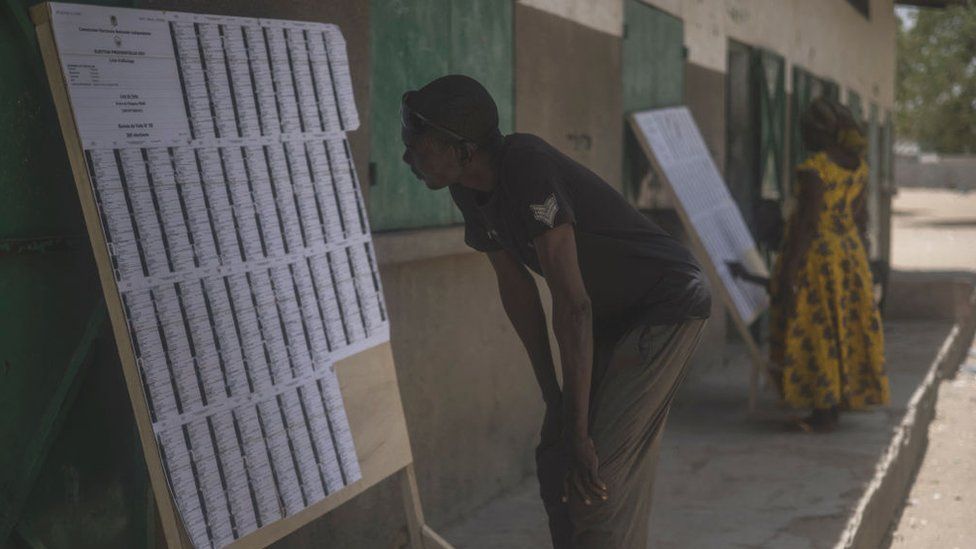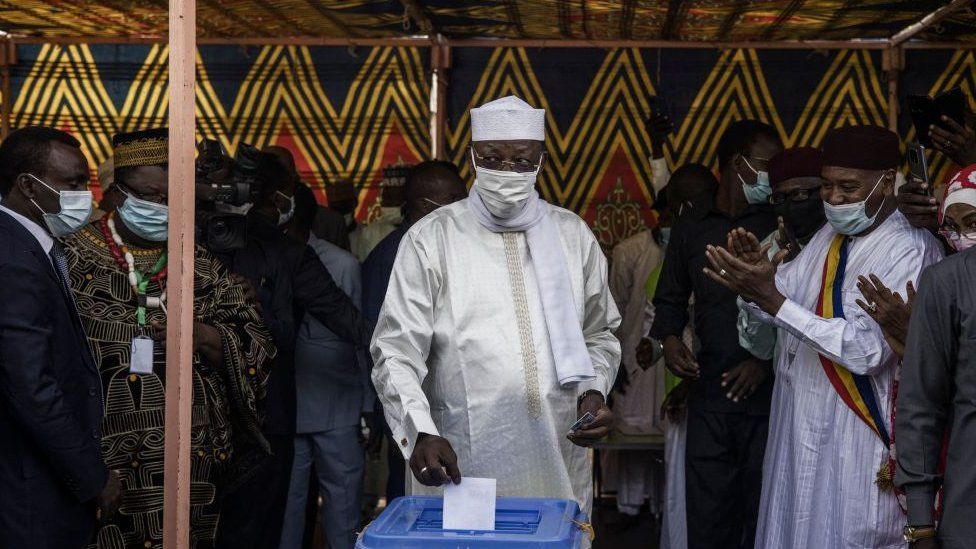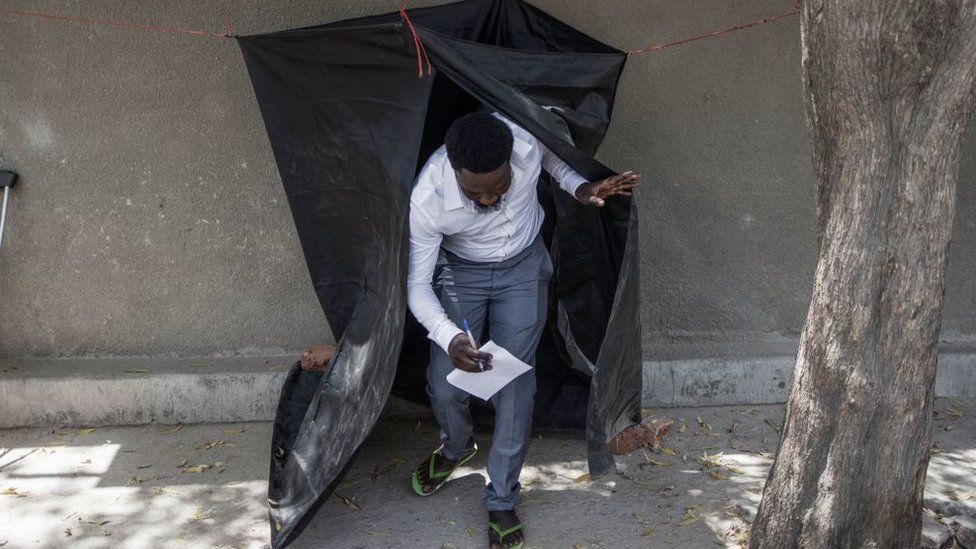Our girls back to school campaign is ongoing
Many girls in Africa use to be ashamed of having a learning disability. They are afraid to speak up about anything they could possibly think of. They think that having a learning disability is the worst thing that could possibly happen to them as a result, they end up dropping out of schools.
Our today's guest is a 31 years old Celina - mother of 5. She will share with us her academic and disability story.
Celina became disabled when she was only two years old as a result of a condition called trumbosis, and this caused her to be paralyzed for 11 years.
Good afternoon, ma'am.
What's your name?
My Name is Celina,
How old are you?
I am 31 years old
What are you doing here on the street?
I'm begging for alms
Could you share with us a little of your academic life?
Yes! I can.
Have you ever attended school?
Yea
When was that? How old were you?
The first time I went to school I was 12 years old.
How long did you stay at school?
For two years.
Have you learned anything?
I didn't learn anything.
Why? What were the difficulties you faced?
My mind was not getting anything together, my mind was not working well.
Do you have children Celina?
Yes I do.
How many kids do you have?
I have 5 children.
Do you live with the father of the children?
No, I'm a single mother.
Do your children study?
No, they don't study.
Can you please share with us about your disability?
I got thrombosis when I was a kid, at the time I was only 2 years old.
And how long did you stay without walking?
I was paralyzed for 11 years
After recovery, how was your life?
Well, my left arm also got thrombosis. I had the opportunity to go to school but I didn't stay there for long time. I faced a problem of assimilation and learning. My head didn't work.
How did the coronavirus impact your life?
Well, I didn’t get the coronavirus but my life became more difficult.
If an opportunity arises would you like to go back to study
Yes, I would like to go back to school and I want my children to study as well.
Is this your last baby?
Yes, he is my little boy.
More than one billion people around the world experience some form of disability. Individuals with disabilities have, on average, poorer health, lower levels of employment and earnings, and higher poverty rates. They are especially at a disadvantage when it comes to enrolling and completing school but also how much they learn while in school. This is especially acute in Sub-Saharan Africa, where the latest researches, show that disability gaps in education are increasing.














